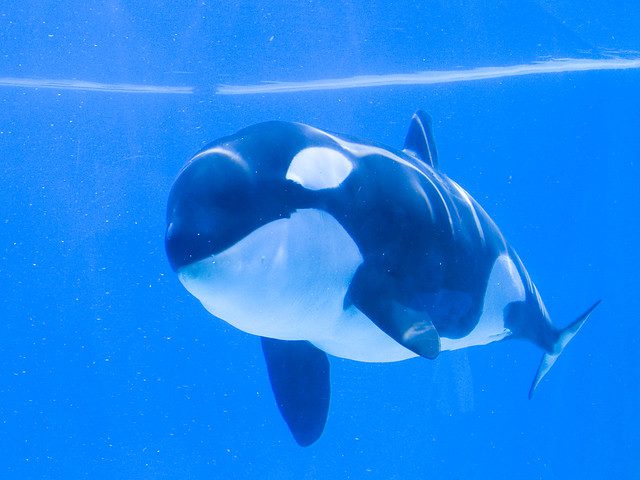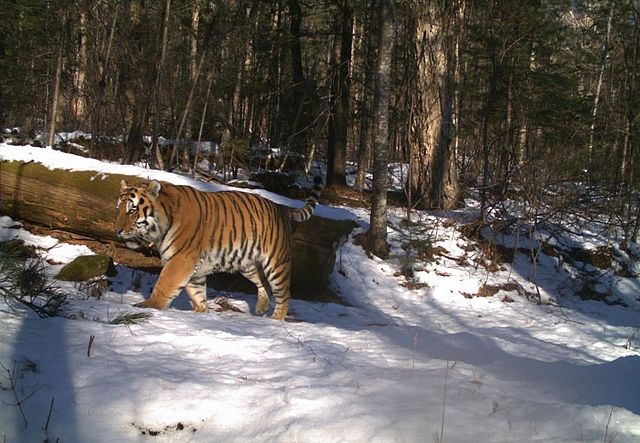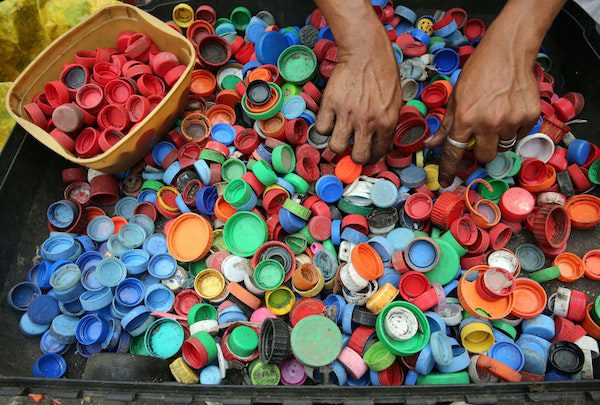


Care2: Marineland, in Niagara Falls, Canada, is notorious for its almost constant animal deaths. From beluga whales to walruses, the attraction has lost numerous animals over the last several years. The park recently announced that they were closing their newly reopened deer park after a tragic accident caused the death of two of their herbivores. Weeks before the deer deaths, Apollo, an 18-year-old walrus, died of a heart attack. Apollo is the second walrus to die this year at the park and the tally is sure to rise. In fact, over their six decades of operation, the park has seen the deaths of at least 17 orca whales, 25 beluga whales, and an estimated 22 dolphins.
>>>Demand that Marineland send their caged animals to reputable sanctuaries.
The Action Network: The Williams NESE fracked gas pipeline would endanger local communities and the environment, while further locking New York state into dependence on fossil fuels at a time when it is critical to shift as quickly as possible to 100 percent renewable energy. In addition, construction of the NESE pipeline would have major negative impacts to wildlife habitats due to the destruction of shellfish beds that lay in its path.
>>>Tell the New York Department of Environmental Conservation to deny Williams’ application to construct the dangerous NESE pipeline.
Compassion Over Killing: An investigation has exposed egregious animal abuse and the devastating effects of rapid growth of birds in Tyson Foods’ supply chain. Tyson has still failed to address a major source of suffering in the hundreds of millions of birds it breeds every year: These birds have been genetically manipulated to grow so unnaturally large, so quickly, that they can suffer heart attacks and their fragile legs often collapse under their own morbidly obese bodies—all before they’re just two months old. Now the nation’s biggest poultry company has joined forces with Plug and Play to connect startup companies into its supply chain in its hometown in Arkansas.
>>>Urge Plug and Play’s Global Director of Food & Beverage, Brian Tetrud, to tell Tyson to stop crippling birds with rapid growth.
Consumer Reports: The overuse of antibiotics in food animals is a major contributor to the development of antibiotic-resistant infections in people—23,000 die each year. Ending the routine use of antibiotics in healthy animals is critical to the nation’s health—animals should only get these drugs when they are sick. McDonald’s has already committed to reducing antibiotics in its beef supply. If Wendy’s, the third-largest burger chain in the U.S., does the same, it will become a leader in the fast-food industry when it comes to this important global health issue.
>>>Urge Wendy’s CEO Todd Penegor to commit to reducing the use of medically important antibiotics in its beef supply.
Cause for concern…

- Nature’s dangerous decline ‘unprecedented’; species extinction rates ‘accelerating’ (Intergovernmental Science-Policy Platform on Biodiversity and Ecosystem Services)
- First global look finds most rivers awash with antibiotics (Alejandra Borunda/National Geographic)
- Deforestation on upward trend, despite international efforts (Center for International Forestry Research)
- Glyphosate use increases dramatically across the Midwest (Christopher Walljasper and Ramiro Ferrando, New Food Economy)
- Influential science nonprofit ILSI exposed as a food industry lobby group (Stacy Malkan, EcoWatch)
- American hunter in viral photo of slain giraffe is “proud to hunt” (CBS News)
Round of applause…

- The Ocean Plastics Charter has been signed by more than 20 countries and over 50 businesses and organizations around the world (Canada.ca)
- 12 environmental organizations are demanding regulatory action on plastic waste (Kate Wilson, The Georgia Straight)
- Over 172,000 sign petition urging SUNY College of Optometry to stop experimenting on live cats (Citizens for Alternatives to Animal Research)
- What rescued farm animals taught a photographer about aging and animal rights (CBC Radio)
- Children’s book profiles African heroes on the front lines of wildlife rescue and care (Pan African Sanctuary Alliance)
- Freed from being chained 24/7 for six years, rescued dog now can’t stop wagging his tail (PETA)
Parting thought…
“We won’t have a society if we destroy the environment.” —Margaret Mead